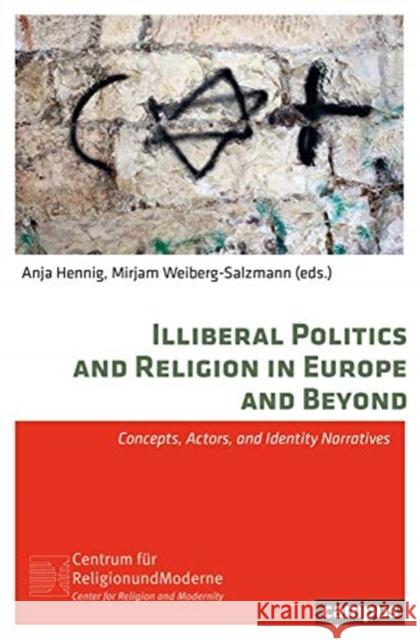Illiberal Politics and Religion in Europe and Beyond: Concepts, Actors, and Identity Narratives » książka
topmenu
Illiberal Politics and Religion in Europe and Beyond: Concepts, Actors, and Identity Narratives
ISBN-13: 9783593509976 / Angielski / Miękka / 2021 / 560 str.
Kategorie BISAC:
Wydawca:
Campus Verlag
Język:
Angielski
ISBN-13:
9783593509976
Rok wydania:
2021
Ilość stron:
560
Waga:
0.70 kg
Wymiary:
21.08 x 13.72 x 4.32
Oprawa:
Miękka
Wolumenów:
01











